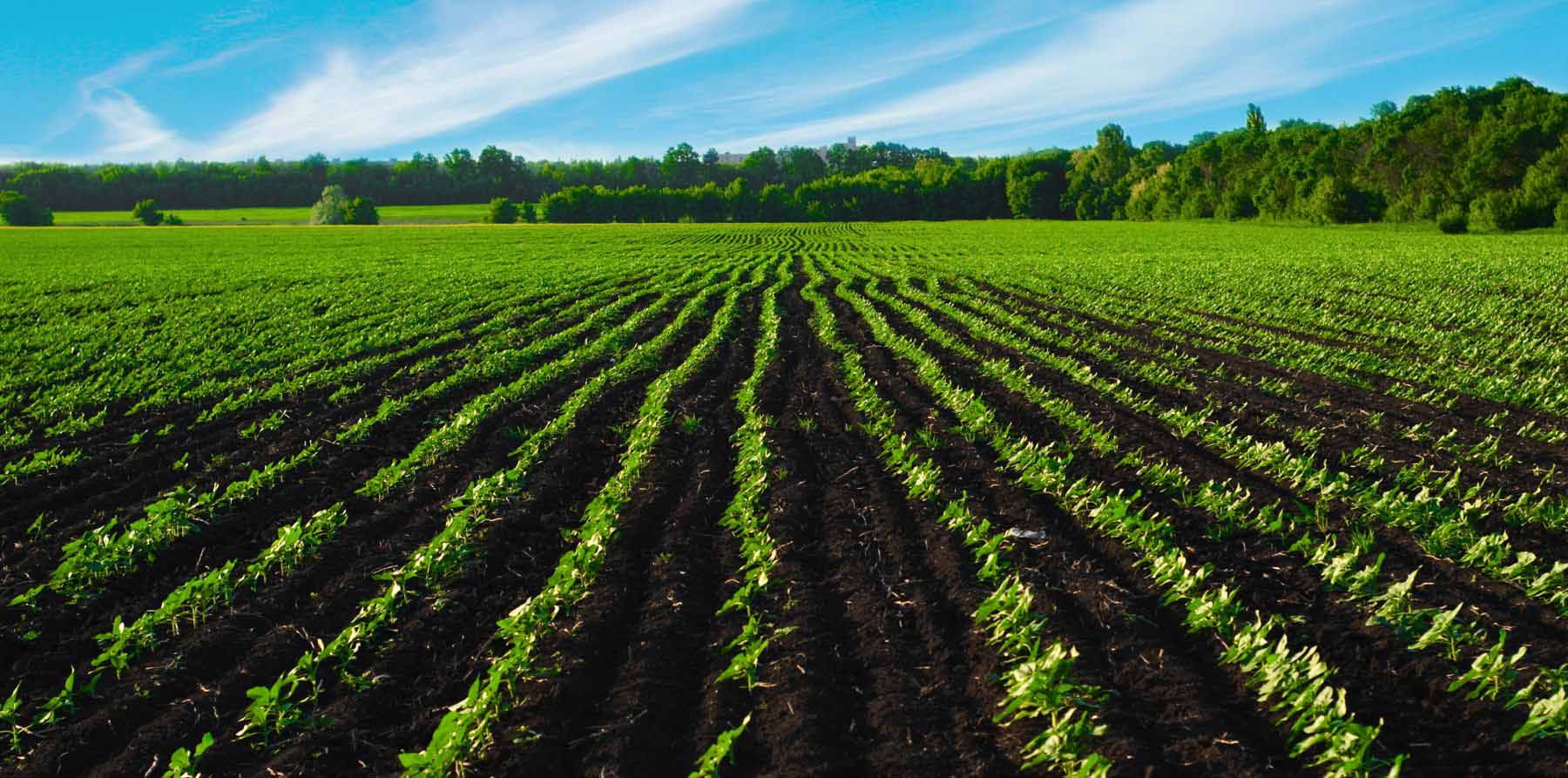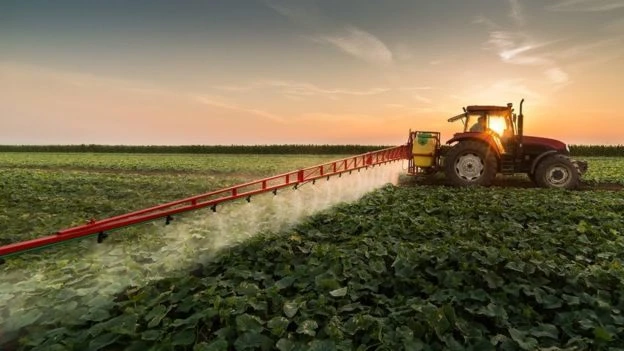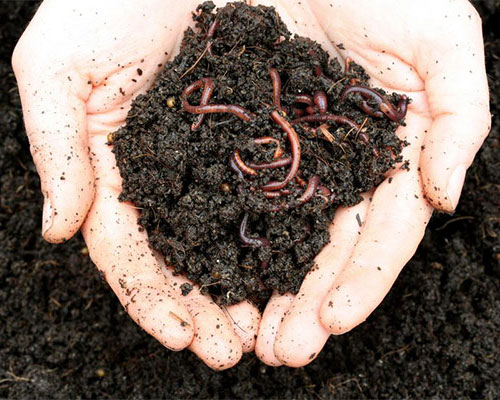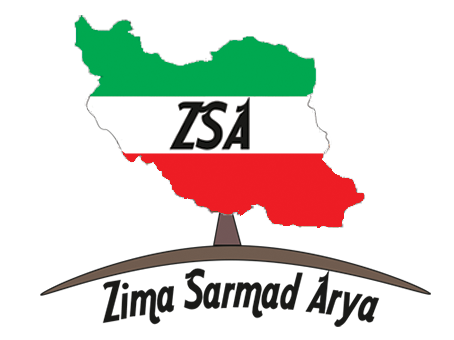Organic Fertilizer Production

Organic fertilizer production is a sustainable approach to recycling agricultural and livestock waste,
which not only reduces environmental challenges but also creates significant economic value.
The process is based on three main methods: solid composting, liquid bio-fertilizers, and vermicomposting.
Solid Composting
Composting is a biological process where organic matter such as livestock manure and crop residues
are decomposed by microorganisms, turning into stable and odorless organic fertilizer.
This method reduces waste volume and produces a nutrient-rich product that improves soil structure
and fertility.

Liquid Bio-Fertilizers
Liquid bio-fertilizers are produced through processes such as anaerobic digestion and contain
high levels of soluble nutrients. They are ideal for drip irrigation and direct plant feeding,
allowing rapid root absorption while reducing the need for chemical fertilizers.

Vermicomposting
Vermicomposting is the process of using earthworms to decompose organic matter.
This method produces a high-quality organic fertilizer enriched with micronutrients
and beneficial microbial activity, making it one of the most popular fertilizers
in organic farming.

